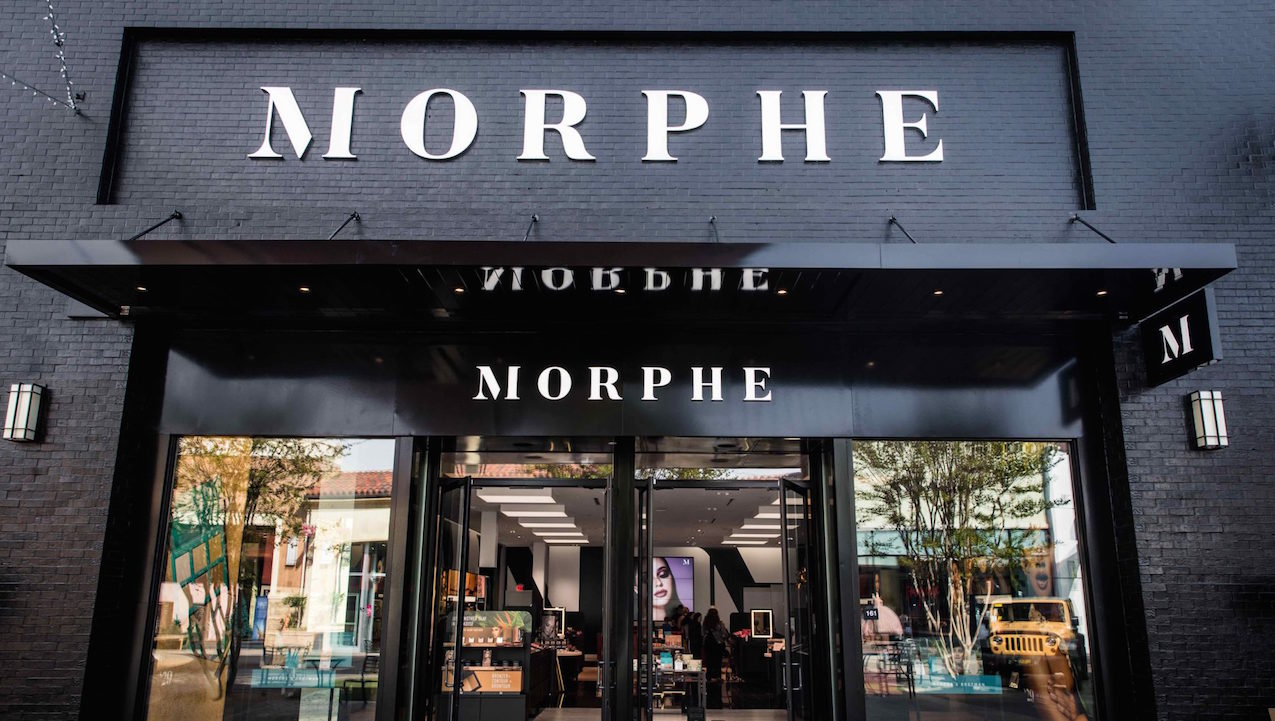In a prior discussion, we touched upon the issue of beauty influencers eroding trust on online platforms through dishonest reviews (see the new scammers). Initially, this led to a loss of trust and followers for many users. However, it has now sparked even more pronounced reactions, significantly impacted the profitability and influenced wielded by these individuals.
Within the beauty community, it’s evident that influencers have not fully absorbed the lessons from recent controversies. Instances like Mikayla Nogueira’s misleading mascara review, which garnered substantial backlash in recent months, are once again making headlines. Unfortunately, platforms where these incidents occur, featuring fake reviews and misleading promotional content, such as TikTok, have not taken effective steps to resolve these problems. Consequently, influencers have persisted in producing dubious content without any oversight, leaving users exasperated.
A noteworthy aspect is that many of these beauty gurus generated income not only from content creation or paid promotions, but also through a keen interest in building their own makeup or cosmetic brands from the ground up. To establish these brands, influencers have capitalized on their makeup expertise and their substantial social media following. Surprisingly, there has yet to be a thorough examination or database cataloging the precise number of beauty brands owned by beauty gurus or influencers. Nevertheless, a few prominent examples include Jeffree Star Cosmetics, Huda Beauty, and Jacklyn Cosmetics.
These brands have gained wide recognition and achieved valuations exceeding $1 billion in some instances. With such lucrative financial prospects, an increasing number of beauty influencers have entered the beauty industry. However, as users grow weary of the tarnished reputations and controversies surrounding these internet figures, they have also started to mistrust the brands associated with their names, putting these companies in a precarious position. In an interview with Elle, Sara McCorquodale, CEO and founder of influencer intelligence platform CORQ, explained that closely tying a product to the idolization of a person is a significant business risk. History has shown that individuals often disappoint their admirers.
This risk has resulted in the decline of several brands and a sustained decrease in revenue for some companies over the long run. A notable example of this is the recent bankruptcy filing of Morphe, one of the biggest and most prominent American players in the beauty game.
Morphe, a cosmetics industry titan, was celebrated for its budget-friendly offerings and its partnerships with prominent influencers in the beauty realm. While there were additional contributing factors to its decline, a number of analysts have pointed to the series of scandals involving their influencers as a significant catalyst for its swift downturn. With a brand value exceeding 2 billion dollars and a strong following among American consumers, Morphe enjoyed considerable esteem. Regrettably, its standing suffered due to conflicts, fabricated reviews, and associated controversies.

As a result, there has been a notable shift in the type of influencers that beauty brands now prefer to collaborate with. Surprisingly, influencers still hold sway in driving sales. It appears that consumers value having an aspirational figure to connect with, particularly in brands associated with aesthetics and self-care. However, these figures are now leaning towards niche influencers with smaller followings, and intriguingly, K-pop stars.
These influencers tend to have fewer controversies associated with their profiles, and they bring forth novel and captivating aesthetics that resonate with international users. Consequently, major global brands such as Dior, Chanel, and other luxury beauty labels are seizing the opportunity to align their products with these influential figures. This strategic move signifies a shift of power from established brands to influencers. It seems that users are growing disinterested not just in the partnerships these influencers forge with brands, but also in the brands they themselves own.
While this case pertains to the beauty community, we believe that this phenomenon can extend to other sectors or spheres of influence where conventional influencers curate their content and engage. Is the role of the influencer undergoing a transformation? As users become more discerning, these personalities should adapt and evolve in how they engage with customers. And should platforms align the evolving interests of customers with the criteria they set for their influencers?

